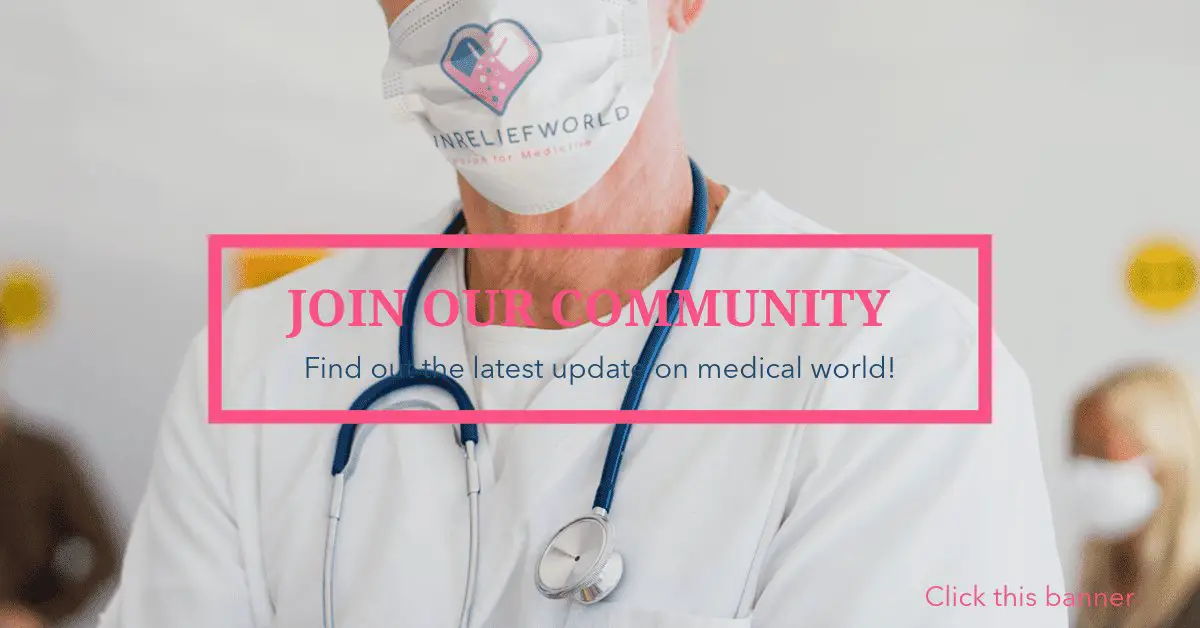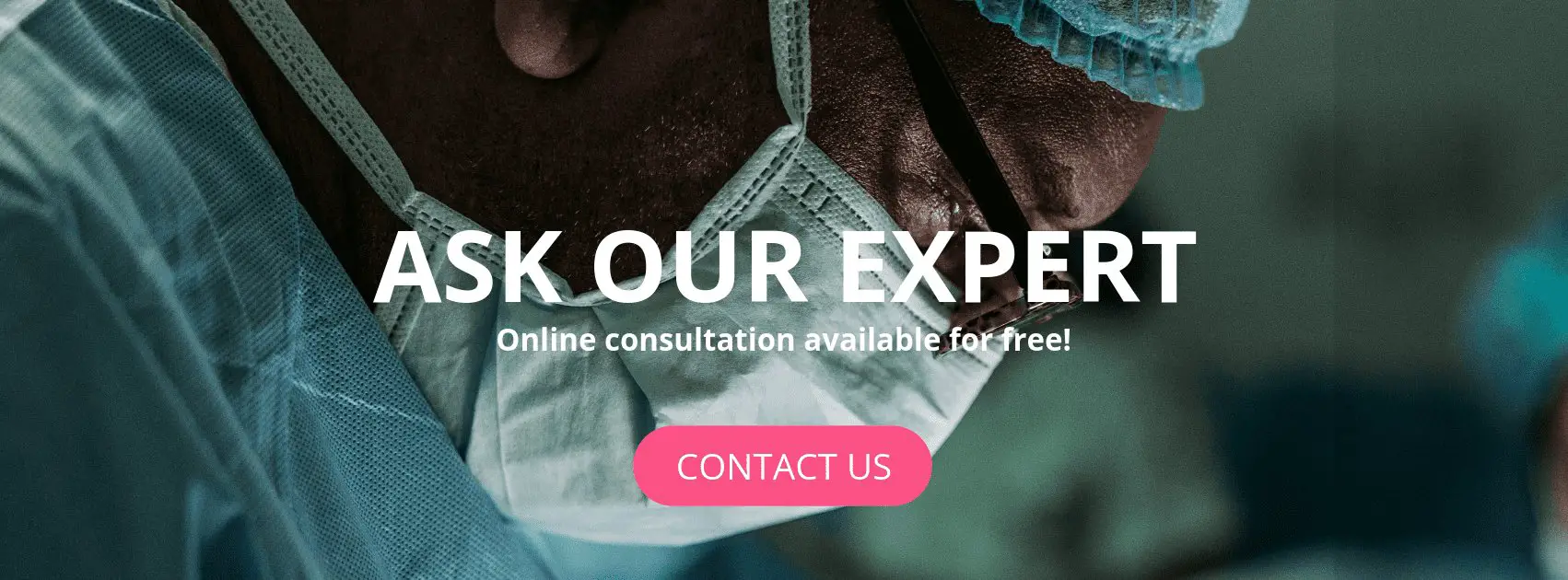Do you ever find yourself wondering about the difference between drug misuse and abuse? It’s important to understand these terms, as they can have significant implications for both individuals and society as a whole.
In this article, we will delve into the distinctions between drug misuse and abuse, exploring their behaviors, consequences, and how to seek help when needed.
When it comes to drug misuse, it refers to the inappropriate or incorrect use of medication or drugs. This can include taking more than the prescribed dose, using someone else’s prescription medications, or not following the recommended instructions for use. Drug misuse may not always involve illegal substances but can also apply to legal drugs such as over-the-counter medications or prescription drugs. It is crucial to recognize that even though drug misuse may not be intentional or malicious in nature, it still carries risks and potential negative consequences for one’s health and well-being.
On the other hand, drug abuse involves a pattern of repeated substance use despite adverse consequences. It goes beyond occasional or recreational use and becomes a compulsive behavior that interferes with daily life activities. Drug abuse often leads to physical dependence on the substance and can have severe long-term effects on an individual’s physical and mental health. Recognizing the signs of drug abuse is essential in order to intervene early and prevent further harm.
By understanding the distinction between drug misuse and abuse, we can begin to address these issues effectively. Education plays a vital role in preventing both drug misuse and abuse by increasing awareness about proper medication usage, potential dangers associated with substance use, and available resources for support. By promoting education on prevention strategies such as responsible prescribing practices among healthcare professionals and providing accessible treatment options for those struggling with addiction, we can work towards combating these problems within our communities.
In conclusion, differentiating between drug misuse and abuse is crucial in order to comprehend their varying degrees of severity. While drug misuse involves improper use of medication or drugs without malicious intent but still carries risks, drug abuse encompasses a pattern of compulsive substance use with adverse consequences. By gaining knowledge about these distinctions and promoting education and prevention efforts, we can make strides towards reducing the impact of drug misuse and abuse on individuals’ lives and society as a whole.
Understanding Drug Misuse: Exploring Behaviors and Consequences

Are you curious about the behaviors and consequences associated with drug misuse? Understanding the root causes of drug misuse is key to addressing this issue.
Exploring risk factors can shed light on why individuals engage in drug misuse. Factors such as a history of trauma, mental health disorders, and peer pressure can contribute to the development of drug misuse behaviors. By understanding these risk factors, we can better identify those who may be at higher risk for drug misuse and provide them with appropriate support and interventions.
Another important aspect in addressing drug misuse is examining the role of healthcare professionals in promoting responsible prescribing practices. Healthcare providers play a crucial role in preventing drug misuse by carefully evaluating patients’ needs and prescribing medications responsibly. This includes considering alternative treatments, monitoring medication use, and providing education on potential risks and side effects. By promoting responsible prescribing practices, healthcare professionals can help minimize the likelihood of individuals misusing prescription drugs.
Understanding the behaviors and consequences associated with drug misuse is essential for developing effective prevention strategies. It allows us to target high-risk populations more accurately while also identifying opportunities for intervention. With an increased awareness of risk factors and informed healthcare practices, we can work towards reducing rates of drug misuse in our communities.
Now let’s explore another important topic: recognizing the signs of drug abuse and seeking help without delay.
Exploring Drug Abuse: Recognizing the Signs and Seeking Help

Recognizing the signs and seeking help for drug abuse can be crucial in preventing further harm. It’s important to be able to identify the warning signs of drug abuse in yourself or others, as early intervention can greatly increase the chances of successful recovery.
Some common signs of drug abuse include changes in behavior, such as sudden mood swings, increased secrecy, and isolation from friends and family. Physical symptoms like bloodshot eyes, dilated pupils, and unexplained weight loss or gain may also indicate drug abuse.
If you notice these signs in yourself or someone you know, it’s essential to seek help from a healthcare professional or addiction specialist.
Seeking help for drug abuse isn’t always easy, but it’s an essential step towards recovery. There are various resources available for individuals struggling with drug abuse. Treatment options may include individual therapy, group counseling sessions, or participation in a support group such as Narcotics Anonymous (NA).
Additionally, there are helplines and online platforms where you can find information on local treatment centers and support services tailored to your specific needs. Remember that reaching out for help doesn’t mean weakness; it demonstrates strength and a desire for change.
By recognizing the signs of drug abuse early on and seeking appropriate help promptly, individuals have a better chance of overcoming their addiction and preventing further harm. The journey towards recovery may involve ups and downs, but with the right support system in place, you can regain control over your life.
In the next section about promoting education and prevention: combating drug misuse and abuse, we’ll delve into strategies that focus on raising awareness about drugs’ potential dangers while providing tools to prevent their misuse altogether.
Promoting Education and Prevention: Combating Drug Misuse and Abuse

Take control of your future by learning about the dangers of drug misuse and abuse and how you can prevent it. Education plays a crucial role in combating drug misuse and abuse. By providing accurate information about the risks associated with drug use, education strategies can empower individuals to make informed decisions and resist peer pressure.
Schools, community organizations, and healthcare professionals all have an important role to play in promoting drug education. One effective education strategy is to implement comprehensive drug prevention programs in schools. These programs should cover a wide range of topics, including the physical and psychological effects of drugs, the potential consequences of drug use, and healthy coping mechanisms for stress and peer pressure. By equipping young people with this knowledge early on, we can help them develop strong decision-making skills and increase their resilience against drugs.
Community involvement is another key aspect of preventing drug misuse and abuse. When community members come together to address this issue, they create a supportive environment that discourages drug use. Community organizations can organize events like town hall meetings or workshops where experts share information on substance abuse prevention strategies. Additionally, local law enforcement agencies can collaborate with schools to conduct awareness campaigns that educate students about the legal consequences of drug-related offenses.
By implementing effective education strategies and encouraging community involvement, we can work towards preventing drug misuse and abuse. Remember, knowledge is power when it comes to protecting yourself from the dangers of drugs. Stay informed, get involved in your community’s efforts, and take proactive steps towards creating a healthier future for yourself and those around you.
Frequently Asked Questions
What are the legal consequences of drug misuse and abuse?
If you’re caught misusing or abusing drugs, you’ll face legal penalties that can include fines and imprisonment. However, there are also treatment options available to help individuals recover from drug misuse and abuse.
How does drug misuse and abuse affect mental health?
Drug misuse can have a significant impact on cognitive functions, affecting memory, attention, and decision-making abilities. Drug abuse often leads to social isolation as individuals prioritize substance use over relationships, exacerbating mental health issues.
Can drug misuse and abuse lead to criminal behavior?
Drug misuse and abuse can lead to criminal behavior. When individuals engage in illegal activities to obtain drugs or support their addiction, they may come into contact with the criminal justice system instead of seeking proper addiction treatment.
What are the long-term impacts of drug misuse and abuse on physical health?
Long-term repercussions of drug misuse and abuse can have detrimental effects on your physical well-being. Chronic substance use may lead to organ damage, impaired immune system, cardiovascular issues, and increased risk of developing chronic illnesses.
Are there any specific risk factors that make someone more prone to drug misuse and abuse?
Certain risk factors can make someone more prone to drug misuse and abuse. These include genetics, which can contribute to a person’s vulnerability, and the social environment, which can influence their exposure and access to drugs.
The Difference Between Drug Misuse and Abuse
In conclusion, it’s crucial to differentiate between drug misuse and abuse in order to address these issues effectively. By understanding the behaviors and consequences associated with drug misuse, we can identify when individuals are veering towards a dangerous path.
Just like a ship navigating treacherous waters, we must recognize the signs of drug abuse and be proactive in seeking help for ourselves or our loved ones.
However, knowledge alone isn’t enough; we must take action to combat drug misuse and abuse. Education and prevention play vital roles in creating a society that’s equipped to handle these challenges head-on. Like planting seeds of awareness, promoting education about the dangers of substance use can empower individuals to make informed decisions and avoid falling into the grips of addiction.
By recognizing the distinction between drug misuse and abuse, we have the power to create a world where individuals can thrive without succumbing to destructive habits.
Let us raise our sails of understanding high as we navigate through the tumultuous sea of substance use disorders. Together, we can steer towards a future where addiction loses its grip on our communities, fostering strength and resilience instead.

Stephanie Ansel is a well-known writer and journalist known for her unique and captivating writing style. She has written many articles and books on important topics such as the lifestyle, environment, hobbies, and technology and has been published in some of the biggest newspapers and magazines. Stephanie is also a friendly and approachable person who loves to talk to people and learn about their stories. Her writing is easy to read and understand, filled with lots of details and information, and is perfect for both kids and adults who want to learn about important topics in an interesting way.



